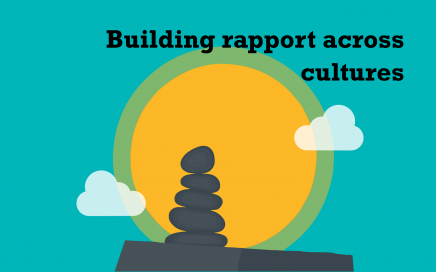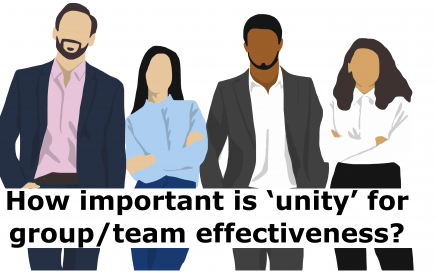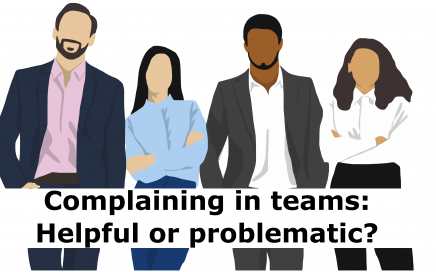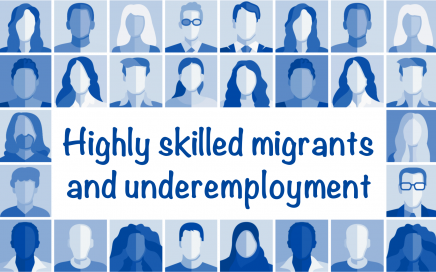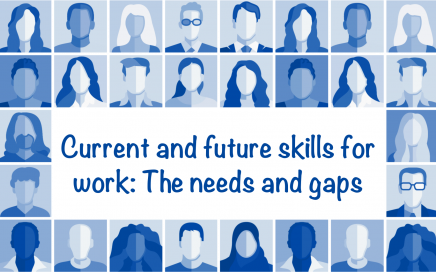
Current and future skills for work: Where are the needs and gaps?
As organisations seek to recover from the multiple stresses of the last few years, and as many face problems recruiting qualified staff, it is important for all concerned to understand the needs and gaps in the skills required in the workplace, now and in the future. This is the rationale for a research-based policy report published by the UK Department of Education in May 2022. The aim of the research was to identify areas where, both in the economy as a whole and in a small number of priority areas, there are both skills shortages and future growth is expected. Here I summarise some of the report’s key findings and reflect critically on them.

